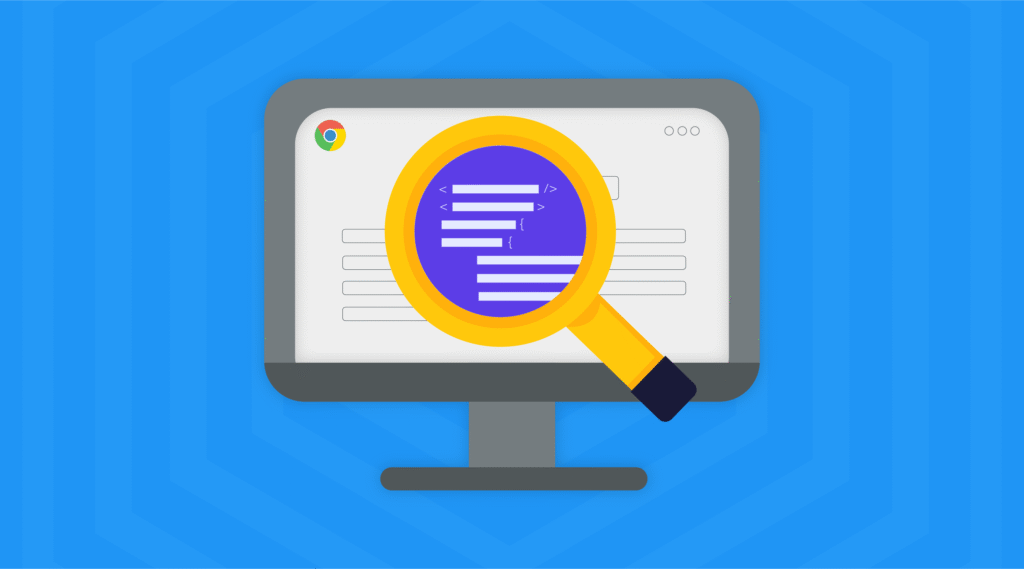Buying a used corrugation machine can save you lakhs—or cost you even more if you get it wrong. The difference lies in how well you inspect the machine before closing the deal. Skipping due diligence is the fastest way to end up with downtime, repair bills, and missed orders.
Here’s a professional-level inspection guide that even first-time buyers can follow.
1. Start with Documentation
Before touching the machine, check the paperwork:
- Make, model, year of manufacture – confirm it matches what’s advertised.
- Service and maintenance logs – regular maintenance = healthier machine.
- Hours of operation – high mileage without refurbishing is a red flag.
- Any upgrades – PLCs, drives, bearings, or rolls replaced recently?
👉 Pro tip: If the seller hesitates to share documents, walk away.
2. Visual Inspection – The Basics
A walkaround will reveal a lot:
- Frame and structure – Look for cracks, corrosion, or poor welding repairs.
- Rolls – Check for wear, dents, or misalignment. Damaged rolls affect board quality.
- Bearings – Excessive noise, play, or grease leakage = replacement needed.
- Electrical panels – Inspect wiring for burns, amateur modifications, or missing covers.
- Hydraulics and pneumatics – Leaks or worn seals are warning signs.
3. Mechanical Health Check
- Run the machine – Never buy without seeing it operate.
- Speed test – Can it reach and hold advertised production speeds?
- Vibration and noise – Excessive vibration means alignment issues.
- Changeover time – Test flute roll or order size changes (important for productivity).
👉 Pro tip: Bring a skilled operator or technician along—they’ll catch issues you’ll miss.
4. Board Quality Test
Run a test sheet and check:
- Flute formation – Uniform, without crushing or tearing.
- Adhesion – Bond between liner and medium should be strong.
- Moisture balance – Warping or delamination hints at poor temperature or glue control.
If the machine can’t consistently deliver usable sheets, walk away—cheap machines that make bad board are no bargain.
5. Check Spare Parts and Brand Support
A good machine is worthless without parts. Confirm:
- Are spare rolls, bearings, belts, and electricals still available?
- Is the brand still active in India or globally?
- Are technicians familiar with this model in your region?
👉 Safer bets: Brands like BHS, Fosber, Mitsubishi, Natraj, Neelkanth, Champion, etc.
6. Ask About Refurbishment
Many sellers refurbish before resale—but definitions vary. Confirm what “refurbished” means:
- Were only bearings replaced, or were major rolls and controls rebuilt?
- Is there a warranty on refurbished parts?
- Who performed the refurbishment—a certified workshop or just in-house tinkering?
7. Inspect the Deal, Not Just the Machine
A true inspection isn’t complete without looking at the transaction itself:
- Payment terms – Avoid 100% advance payments.
- Delivery condition – Will the supplier dismantle, pack, and load?
- Installation & training – Is it included or extra?
- Post-sale support – Spare parts supply or technician visits guaranteed?
Final Word
Inspecting a used corrugation machine like a pro means looking beyond the price tag. The real value is in:
- Solid mechanical health.
- Reliable board output.
- Availability of spares and service.
- Transparent documentation and fair deal terms.
Get these right, and a used machine becomes a high-ROI asset instead of a financial liability.

